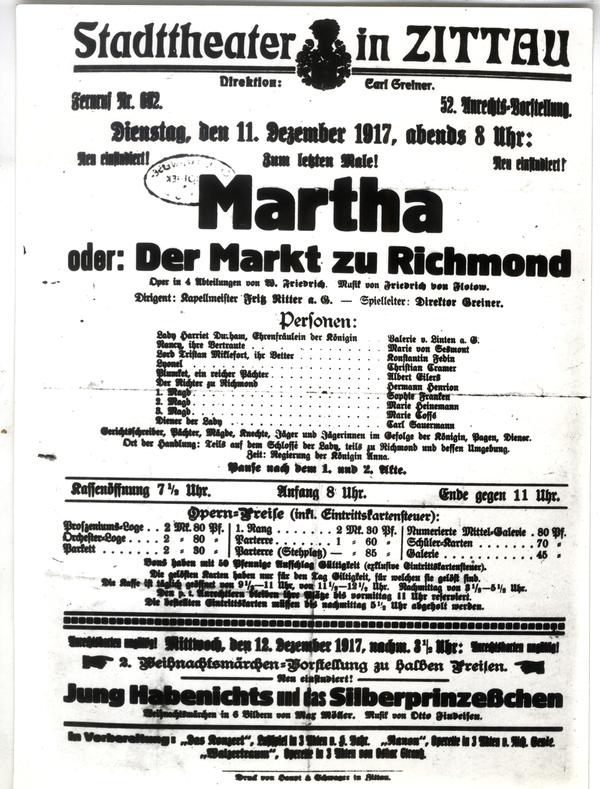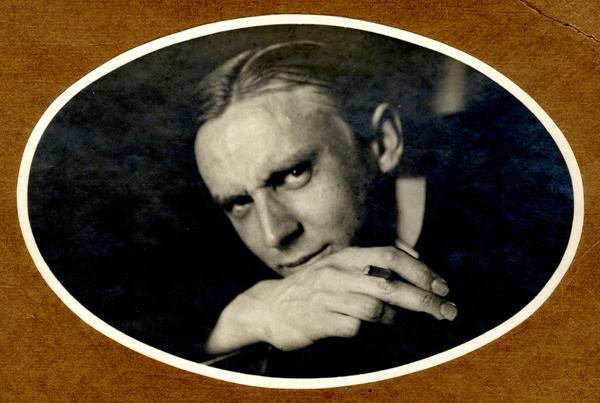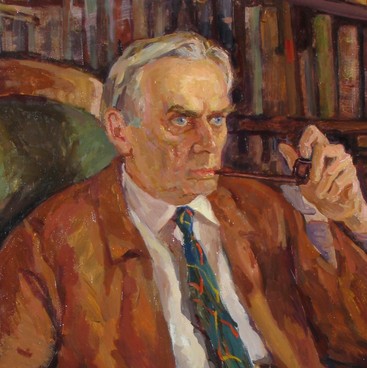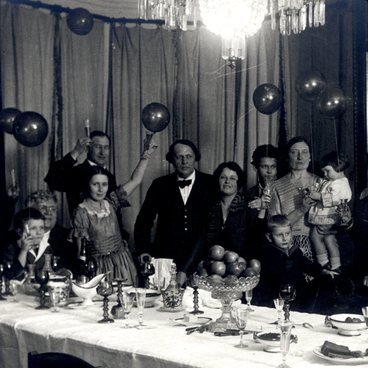In the summer of 1914, Konstantin Fedin went to Germany to brush up on his German during the vacation before his autumn exams at the Moscow Commercial Institute. However, life had something completely different in store for him.
The First World War broke out in August of that year, and Fedin’s attempts to return home failed. He was held in Dresden along with a number of his compatriots as a civilian internee. A large group of internees was sent to Lower Saxony, and Fedin ended up in Zittau, a typical German town, which just so happened to have a theatre. As Fedin wrote, “the company was large. The actors alternated between operetta and drama, playing in Hauptmann or Grillparzer today and breaking into Lehár or Strauss tomorrow. This thespian versatility, however, was mostly characteristic of smaller actors and chorus members, while the lead artists typically stayed faithful to either tragedy or the vocal genre”.




